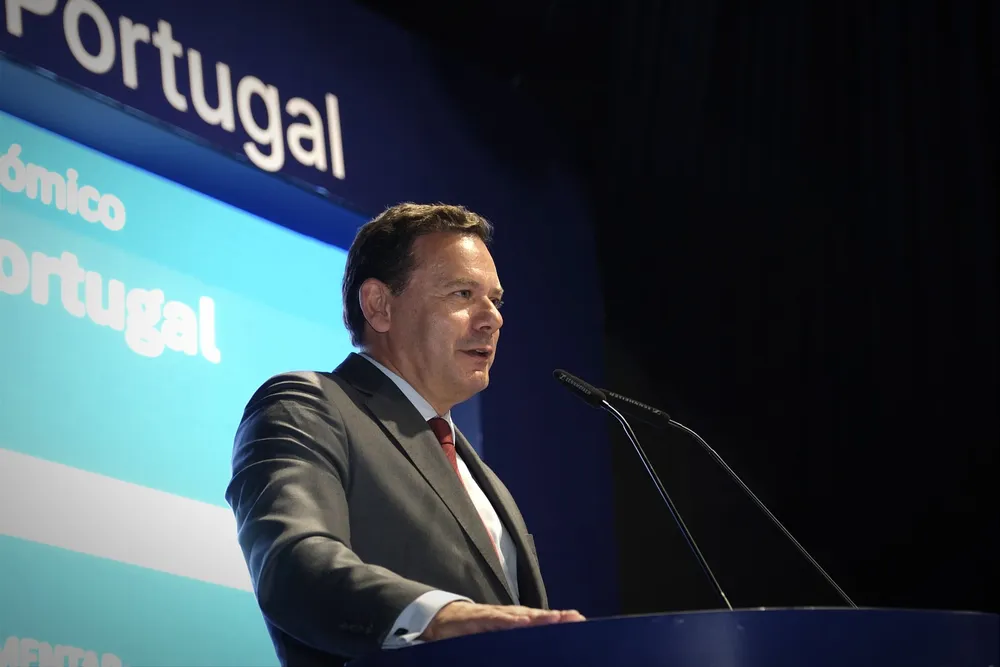Portugal starts clock on two-stage offshore wind tender
Energy and maritime officials attempt to keep Portuguese tender on course despite political turbulence

Portugal has opted for a two-stage auction model for its inaugural offshore wind tender and has set itself time limits for launching the competitive process within six months.
Delays have been aggravated by a lack of clarity over proposed dates and on whether the model will start with an auction for the seabed lease or include a pricing mechanism.
Ideas floated for support have shifted from a mix of price and qualitative factors to discussion of a UK-style contract for difference (CfD), with most developers favouring the latter.
A decree issued jointly by Portugal's energy and maritime ministries on Monday sought to regain this momentum, even though the country is less than a month away from its third general election in less than four years.
The decree, which has the technical backing of Portuguese Directorate for Energy and Geology (DGEG) and Directorate for Natural Resources, Security and Maritime Services (DGRM), confirms that Portugal will use a two-stage auction model.
The decree states that full details of the proposed tender procedure will be provided within the next 60 days, including timelines, areas to be tendered and pre-qualification criteria.
The decree, published in Portugal's official gazette, includes a commitment to identify any outstanding regulatory issues or measures required in the socio-economic sphere.
The tender will be ready for official launch, with all finalised documents in place, within 180 days, the decree stated.
The PAER plan also reiterated a Portuguese commitment to deploy 2GW of offshore wind capacity by 2030.
The PAER plan signalled that the centre-right government led by Prime Minister Luís Montenegro was ready to pursue this target with more gusto, after forcing a review of the previous administration's offshore wind tender plan upon taking office one year ago.
But the government collapsed in March after Montenegro lost a confidence vote triggered by an ethics controversy over his family law firm.
.
(Copyright)